In Matlab, there is a function named spy, which displays the structure of a sparse matrix. It creates a plot of the matrix' dimensions where each entry that has a nonzero value is colored. Is there an equivalent function in R?
Asked
Active
Viewed 2,007 times
5
-
Can you include a [reproducible example](http://stackoverflow.com/questions/5963269/how-to-make-a-great-r-reproducible-example) with a sample R object that you wish to plot? – MrFlick Apr 15 '15 at 16:09
-
As an aside, the Matlab `spy()` function includes a fun little feature that I'm sure won't be replicated in R. Try submitting `spy()` with no arguments in Matlab. – Alex A. Apr 15 '15 at 17:19
-
@alexforrence: Excellent. Absolutely excellent. – Alex A. Apr 15 '15 at 17:45
2 Answers
8
image() from Matrix is one option.
library(Matrix)
# Example from ?Matrix:::sparseMatrix
i <- c(1,3:8); j <- c(2,9,6:10); x <- 7 * (1:7)
A <- sparseMatrix(i, j, x = x)
print(A)
##8 x 10 sparse Matrix of class "dgCMatrix"
##[1,] . 7 . . . . . . . .
##[2,] . . . . . . . . . .
##[3,] . . . . . . . . 14 .
##[4,] . . . . . 21 . . . .
##[5,] . . . . . . 28 . . .
##[6,] . . . . . . . 35 . .
##[7,] . . . . . . . . 42 .
##[8,] . . . . . . . . . 49
image(A)

To get the output of spy() in R, it takes a little bit more work.
In MATLAB (2011b):
spy()
h = gcf;
axObj = get(h, 'Children');
datObj = get(axObj, 'Children');
xdata = get(datObj,'XData');
ydata = get(datObj,'YData');
spyMat = [xdata; ydata];
csvwrite('spydat.csv',spyMat);
And in R:
library(Matrix)
spyData <- read.csv("spydat.csv")
spyMat <- t(sparseMatrix(spyData[1,],spyData[2,]))
image(spyMat)

alexforrence
- 2,724
- 2
- 27
- 30
0
A simple function that duplicates the Matlab spy() function in R, based on above ideas, is:
library(Matrix)
spy <- function(w){
# Get indices not equal to zero
inds <- which(w != 0, arr.ind=TRUE )
# Create sparse matrix with ones where not zero
A <- sparseMatrix(inds[,1], inds[,2], x = rep(1,nrow(inds)))
#
image(A))
}
This may be useful for some applications.
Graham G
- 551
- 5
- 14